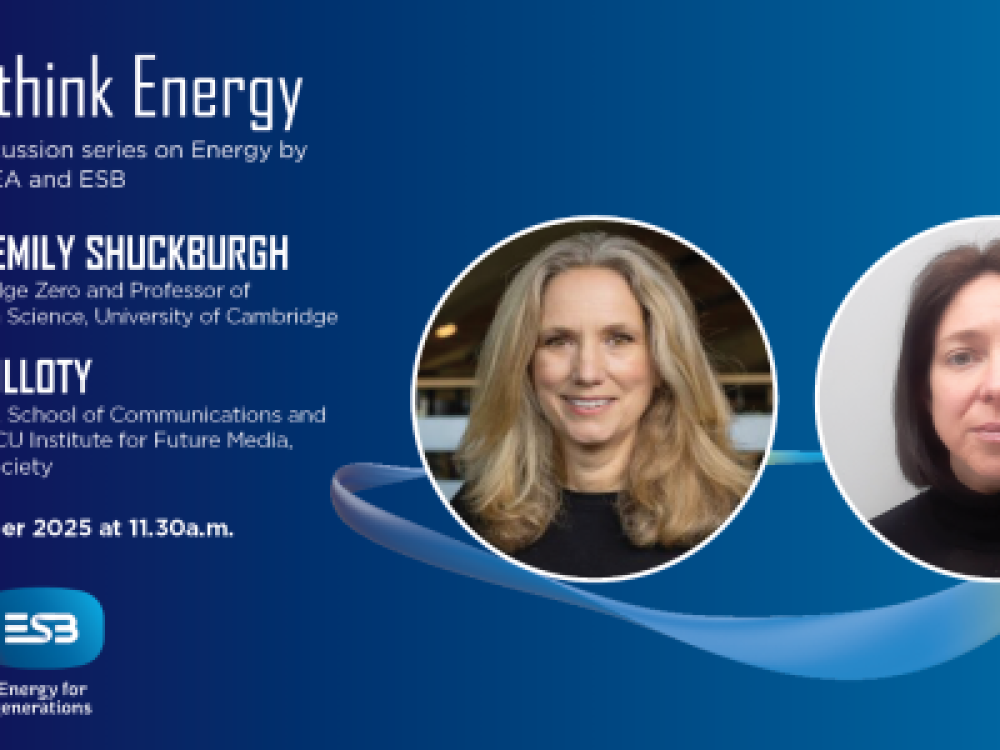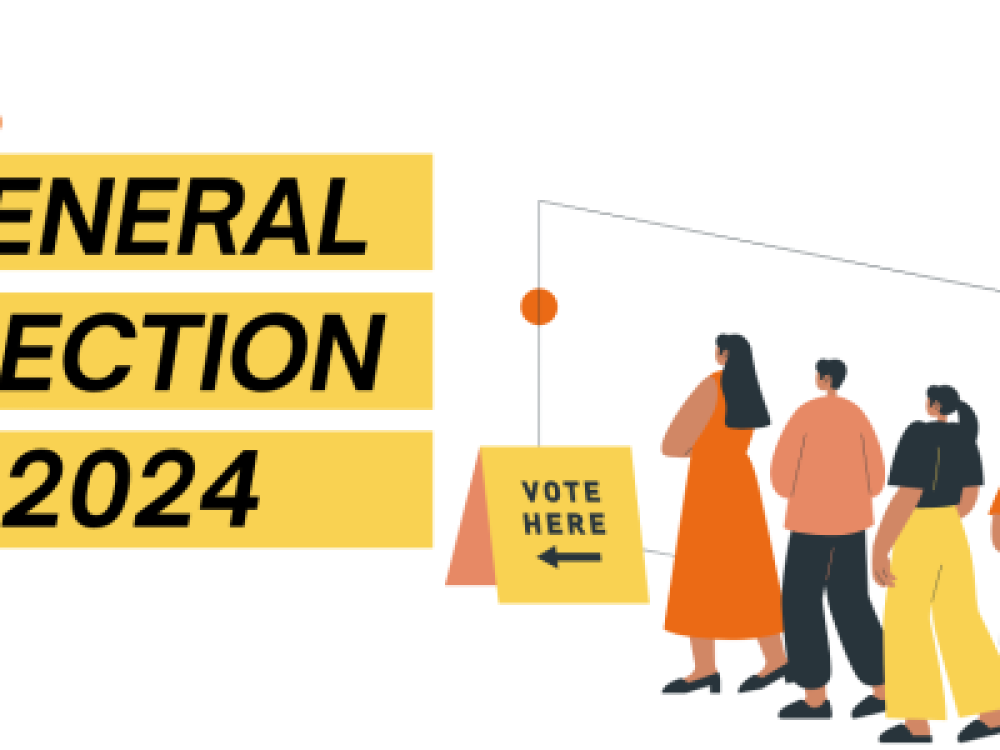Fake news has become a scapegoat explanation for why Hilary Clinton lost the US presidential election. But the problem of misinformation is much more complicated and any serious effort to address online misinformation must first look at a wider set of offline issues.
If the problem is narrowly defined as online fake news, then is it relatively easy to address. Google and Facebook can restrict advertising revenue for fake news sites and they could enforce some kind of editorial oversight over the news they feature. Of course, this potentially gives us a new problem: do we really want these huge corporations deciding what is and isn’t biased and what we should and should not see?
The broader and deeper problem is much harder to address because it is primarily cognitive and cultural rather than technological. Addressing this problem requires thinking about social diversity and integration, education - critical and media literacy in particular – as well as the conduct of public debate. Faced with this big problem, it’s little wonder so much of the focus is on the narrow technological one.
Nevertheless, if fake news and misinformation really are a threat to democracy then these are some of the issues that need to be addressed:
Confirmation Bias: Confirmation bias is the human tendency to seek out information that confirms existing beliefs while resisting information that challenges those beliefs. Social media are certainly not the cause of confirmation bias. The success of “post truth” Brexit politicians owes much more to widespread (offline) confirmation bias than it does to social media. Nevertheless, social media do amplify confirmation bias by making it easier to exist in an information bubble of like-minded people. None of this is good for democracy, which presupposes a willingness to see past our own self-interested perspectives. Long term, exposure to diversity in our schools, clubs and places of work is likely to be a much more valuable corrective to information bubbles than any online technological fix.
Critical Thinking & Media Literacy: On social media, false rumours tend to spread far and fast. Until a more systematic solution is devised for platforms, individual fact checking initiatives cannot keep up with the rate and pace of falsehoods. Beyond blatantly false stories, social media complicates traditional ideas about argument and evidence. It is a space that blends the private and the public, interspersing news articles with the anecdotal stories written or shared by family and friends. In this context, weak levels of media literacy and critical thinking literacy limit people’s capacity to judge credibility. Consequently, while journalists might not be perfect, there is little to distinguish their professional work from the opinions of everyone else.
Partisan Public Culture: These literacy issues are significant in a public culture that is deeply partisan. Apart from Donald Trump – a US president elect who repeatedly gives validation to fake news – the broader public culture is marked by deep partisanship. A resurrection of the so-called ‘culture wars’ plays out continuously on social media. Particular issues, from climate change to transsexual rights, have become entrenched in a broader ideological war. The public sphere is hollowed out with little room for the free exchange of ideas or attempting to understand where the ‘other side’ are coming from.
News Media Credibility: The traditional news media have their own credibility problem and that credibility will not be restored by blaming social media for fake news. There is a long history of news media using sensational stories to drive sales, push agendas, and influence elections. The public in general is accustomed to dubious reporting – whether as a result of phone hacking scandals in the UK, the publication of PR and spin as news, or blatant bias on key issues. Of course, not all journalists are guilty, but each scandal damages the reputation of the whole profession. This is a problem because building public trust in legitimate news sources is a significant corrective for online fake news.
News Economics: Serious journalism is expensive to produce and the move to digital has placed enormous financial pressure on the news media. Online advertising does not cover the cost. Meanwhile, fake news is relatively cheap to make and people can make quick money from it – that’s why teenagers in Macedonia are doing it. The deeper issue underlying fake news is: if we want serious, civic-minded journalism to survive, at some point someone is going to have to pay for it.
For all the criticism of online misinformation, it is worth remembering that the free flow of information is one of the great achievements of our age. The downside is that a much greater burden is placed on people's capacity to assess the credibility of the information they come across. Balancing information freedom and the credibility burden is the big challenge for society.
Subscribe to FuJo's newsletter





